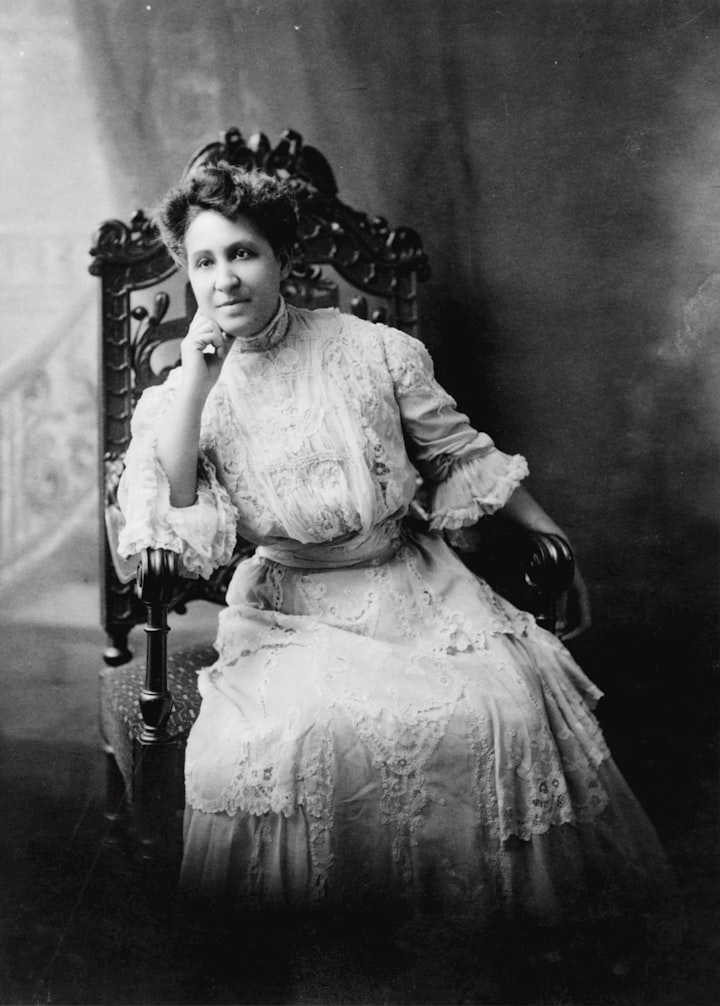Women's history is women's rights
Women's history

The famous quote by Laurel Thatcher Ulrich, "Well-behaved women seldom make history," holds profound significance in the fight for women's rights and recognition. Women's history is not just a chronicle of past achievements; it is an essential tool for empowering women, fostering gender equality, and securing women's rights in society. By exploring the remarkable contributions of women throughout history, we can highlight their struggles, resilience, and achievements, and inspire future generations to continue the pursuit of gender equity. This article delves into the significance of women's history and how it continues to shape and influence the fight for women's rights today.
The Importance of Women's History:
Women's history is a vital aspect of reclaiming the narratives and experiences of women that have been historically overshadowed or ignored. For centuries, women's contributions to society were often marginalized, with their achievements and accomplishments dismissed or attributed to male counterparts. By uncovering and celebrating women's historical achievements, we shed light on their invaluable contributions to various fields, such as science, literature, politics, and art, among others.
Recognizing women's history serves as a powerful tool to challenge gender stereotypes and dismantle societal biases. It highlights that women have always been capable of greatness, innovation, and leadership, debunking the notion that certain domains are exclusively reserved for men. This recognition fosters a sense of empowerment among women, enabling them to envision and pursue opportunities beyond traditional gender roles.
Inspiring Role Models:
Studying women's history introduces us to a myriad of inspiring role models who defied societal norms and paved the way for progress. These trailblazing women serve as beacons of courage and resilience, showcasing the extraordinary achievements that women are capable of accomplishing. Their stories provide inspiration, encouragement, and a sense of possibility to future generations.
Consider iconic figures such as Marie Curie, the first woman to win a Nobel Prize, who revolutionized the field of science. Her groundbreaking research on radioactivity not only expanded our understanding of physics and chemistry but also shattered gender barriers in academia. Similarly, Malala Yousafzai, the youngest Nobel Prize laureate, defied the Taliban and fought for girls' education, becoming a symbol of courage and advocacy worldwide.
By celebrating these women and their accomplishments, we affirm the importance of women's rights and equality. Their stories motivate and empower women to pursue their aspirations, challenge societal limitations, and fight for gender equity.
Challenging Patriarchal Structures:
Women's history plays a significant role in challenging patriarchal structures that perpetuate gender inequality. By acknowledging women's historical struggles and the progress made, we highlight the persistence of gender discrimination and the need for continued advocacy.
Learning about the suffragette movement, for instance, reminds us of the hard-fought battle for women's right to vote. The sacrifices, determination, and perseverance of suffragettes paved the way for women's political participation and representation, which are essential components of a thriving democracy. Understanding this history reinforces the need to protect and expand women's rights and encourages ongoing efforts to ensure equal political, economic, and social opportunities.
The Impact on Women's Rights Today:
Women's history serves as a foundation for ongoing feminist activism and advocacy. It enables us to identify persistent gender disparities, highlight areas where progress is needed, and devise strategies for achieving gender equality.
By recognizing the historical struggles and achievements of women, we become more aware of the challenges that persist in contemporary society. Women continue to face barriers in the workplace, experience gender-based violence, encounter gender pay gaps, and confront limited access to education and healthcare in various parts of the world. By drawing upon the lessons of women's history, we can advocate for policy changes, promote gender-sensitive legislation,






Comments
There are no comments for this story
Be the first to respond and start the conversation.